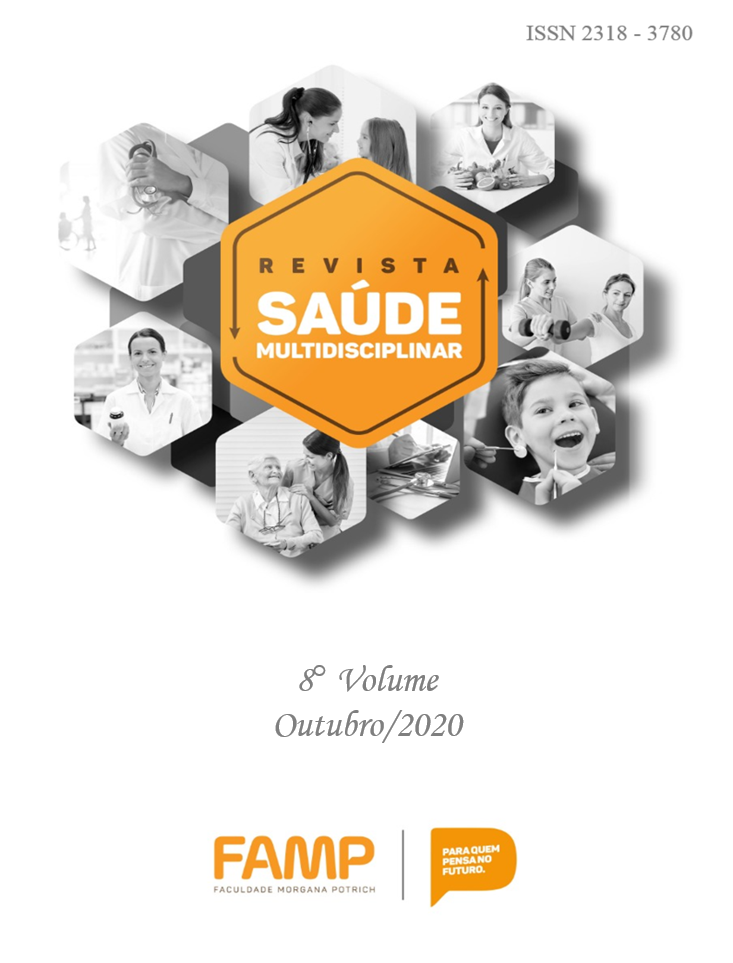Biochemical identification and antibiogram of isolated enterobacteria of Musca domestica Linnaeus, 1758 (Diptera: Muscidae) captured in food areas in the city of Serra Talhada- PE
Keywords:
Infecção,, Dípteros,, Salmonella enteriditis, Doenças transmitidas por alimentos.Abstract
Bacterial contamination of food endangers food quality and consumer health. The association of bacteria with mechanical vectors, such as the housefly, aids the spread of microorganisms harmful to human health. The objective of this study was to identify potentially pathogenic enterobacteria associated with M. domestica in kitchens and restaurants in the urban area of Serra Talhada – PE. The insects were captured with the aid of a light trap in three places: Public Market, Restaurant and Hospital Kitchen. After isolation, 18 bacterial isolates were subjected to morphophysiological identification and characterization. For this purpose, selective and differential media were used for biochemical identification of enterobacteria, as well as analysis of antibiotic susceptibility profile. For bacteria identified as Escherichia coli and Salmonella sp, serotyping was performed using the agglutination test slide. They identified the Enterobacteriaceae E. coli, Klebsiella sp., Salmonella sp., Citrobacter freundii and Proteus vulgaris. The antibiotics Ciprofloxacin, Nitrofurantoin and Norfloxacin showed greater inhibition, while the antibiotics Cephalothin, Cephalozine and Ampicillin did not show the same efficiency. It was observed that the public market showed greater bacterial diversity and presence of Salmonella Enteriditis, the main cause of samonellosis in humans and animals. M. domestica has been shown to act as a vector for an expressive diversity of bacteria resistant to important classes of antibiotics, indicating that collection sites need to urgently implement vector control measures, mainly because they are food preparation and consumption sites.









